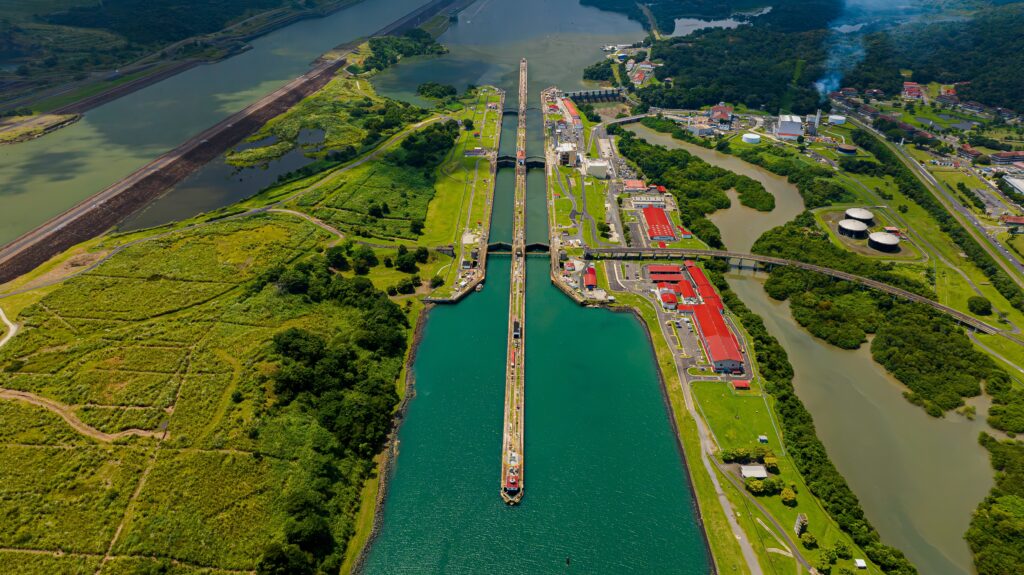Washington suggested Panama agreed to waive fees for US government ships using the Panama Canal. However, Panama refuted claims of any agreement allowing free passage for US government vessels, following statements from the White House.
The US State Department announced via X that American government ships could now transit the canal without paying fees, saving millions annually. The Panama Canal Authority (ACP) responded, emphasizing its exclusive authority to set tolls and fees. It clarified that no recent adjustments had been made to existing transit costs.
President Donald Trump has frequently expressed a desire to regain control of the canal, an essential global trade route. Stretching 51 miles (82 km) through Panama, the canal connects the Atlantic and Pacific oceans.
During his Latin American tour, US Secretary of State Marco Rubio urged Panama to address China’s supposed influence over the canal. Rubio warned that failure to act could result in US intervention under existing treaty provisions.
During his visit, Rubio met with Panama’s President José Raúl Mulino and canal administrator Ricaurte Vásquez Morales. Following the discussions, the ACP confirmed plans to collaborate with the US navy, optimizing transit priorities for its vessels. In a statement issued Wednesday, the ACP reaffirmed its commitment to continued dialogue with Washington.
US vessels represent a substantial share of canal traffic. In 2024, 52% of canal transits originated from or were destined for US ports, according to canal authorities. Annually, the canal handles up to 14,000 ships, significantly reducing the time and cost of sailing around South America.
President Trump’s inaugural speech included his intention to “take back” the canal, accusing Panama of breaking promises of neutrality and alleging Chinese control. President Mulino firmly rejected these claims, asserting that the canal remains under full Panamanian administration.
Mulino dismissed concerns over foreign influence, stating no country interferes with the canal’s operations. The US originally built the waterway in the early 20th century, but after years of protests, President Jimmy Carter signed a 1977 treaty transferring canal control back to Panama—a decision Trump has criticized as a “major mistake.”
